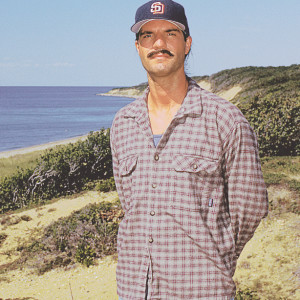Regardless of what watch-schedule is in use, it’s important to understand that the back-watch (the middle-of-the-night watch) always has it the hardest — sleepwise.
There are very few true “night owls” who appear to have no issues with being up all night, working through the normal low point of the human circadian rhythm in the wee hours. The older you get, the more your body tells you that the back-watch is not your friend. Sleep interruption and deprivation becomes less tolerable, and the negative effects on health more pronounced.
One of the biggest gains you can make is very simple: set your watch-schedule, and adjust it seasonally as needed, to always make sure that the back watch gets inside and into their bunks well before the sun comes up. Before there is much more than just a trace of the approaching dawn in the sky, in fact. The lighter it gets, the more detrimental the effect. And if the sun breaks the horizon, assuming that skies aren’t sufficiently overcast, it’s game over.
When outside light levels gradually brighten, it sends a signal via your eyes to the pineal gland to gradually slow down production of the sleep-regulating hormone melatonin. When direct sunlight hits it’s like an all-stop order, and your body then shifts to wake-up mode. You can’t reverse it once it starts. No matter how tired you may be, it will now be more of a fight to get to sleep, and precious off-watch time will be wasted in the morning period where the back-watch gets the vast majority of their daily rest. The quality of the rest is degraded as well. There is no advantage in it whatsoever.
This is a serious issue that effects the front-watch too, though indirectly. While they sleep their lives are literally in the hands of the back-watch, maybe a dangerously tired back-watch. Fatigue never improves situational-awareness and decision-making. It’s in every captain’s direct self-interest to do anything they reasonably can to minimize it.





